Results
-
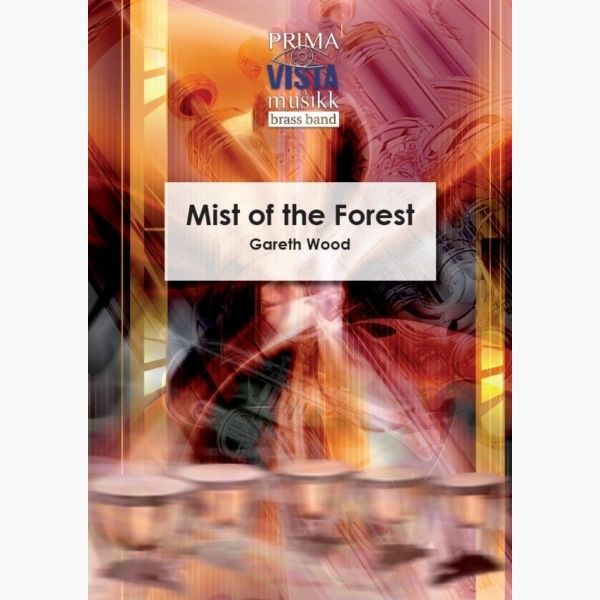 £24.95
£24.95Mist of the Forest - Gareth Wood
The inspiration for this work is a part of South Wales where the composer spent his childhood. The AfanForest Park is an old mining area that has been extensively reclaimed and transformed through one of the earliest reclamation schemes in...
Estimated dispatch 5-7 working days
-
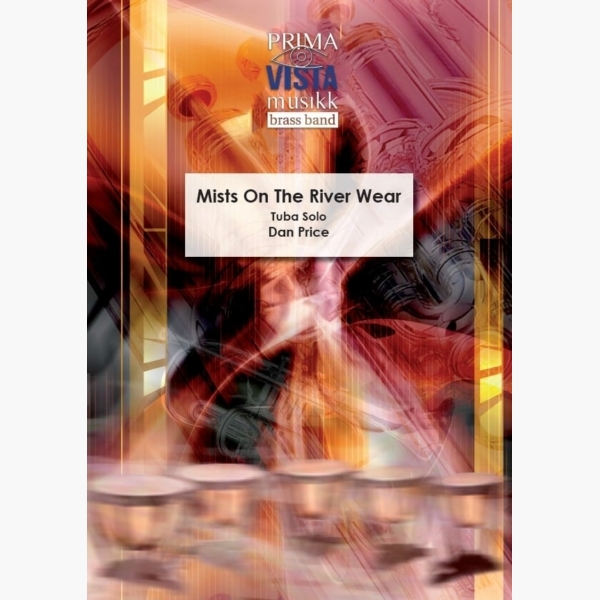 £24.95
£24.95Mists on the River Wear - Dan Price
Mists On The River Wear is a 'song and dance' for solo tuba. It was commissioned in 2010 by the Black Dyke Band's solo Eb Bass player and international tuba star Joseph Cook. The Song The work opens with unaccompanied...
Estimated dispatch 5-7 working days
-
 £34.95
£34.95Overture on God Save the Queen - Jonathan Bates
Composer Jonathan Bates describes his Overture on God Save the Queen as "a messed up take on the UK national anthem!" The work takes the well-known melody and goes as wildly different from the original as possible. Much of the...
Estimated dispatch 5-7 working days
-
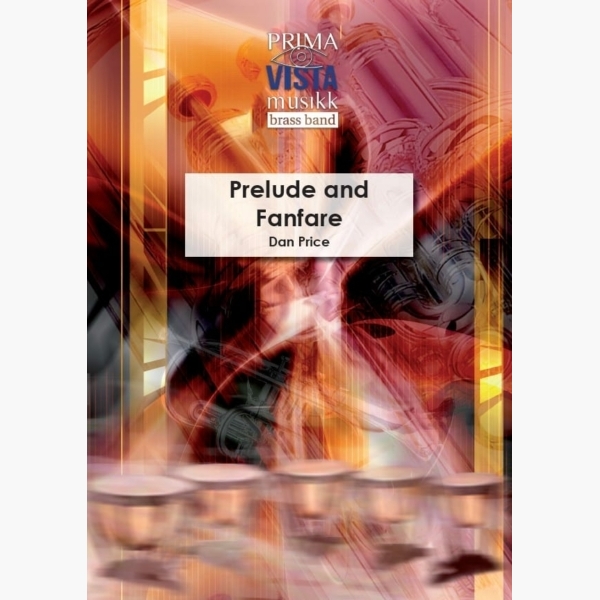 £24.95
£24.95Prelude and Fanfare - Dan Price
Prelude and Fanfare takes its inspiration from a piece of NASA Video footage, where a camera is attached to a piece of debris and jettisoned into space from the space shuttle. The work is a musical reflection of this journey,...
Estimated dispatch 5-7 working days
-
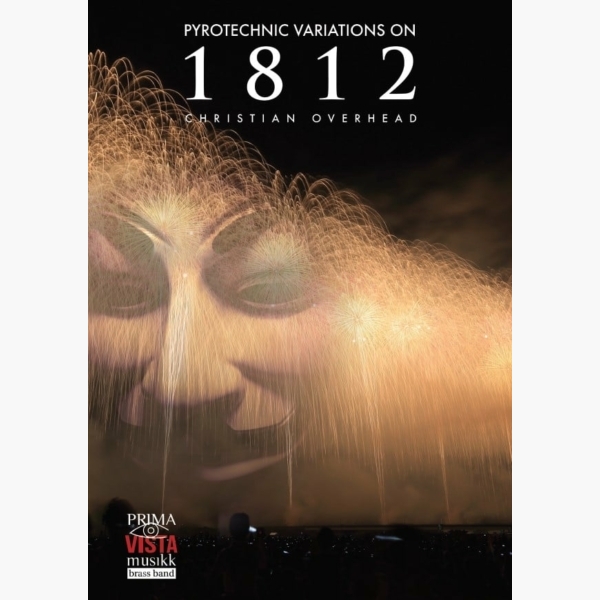 £34.95
£34.95Pyrotechnic Variations on 1812 - Christian Overhead
Pyrotechnic Variations on 1812 was composed for Brass Band Schoonhoven, and used as part of their programme for Brass in Concert in November 2016. The work is a modern-day twist on Tchaikovsky's famous 1812 Overture. A heraldic opening introduces some...
Estimated dispatch 5-7 working days
-
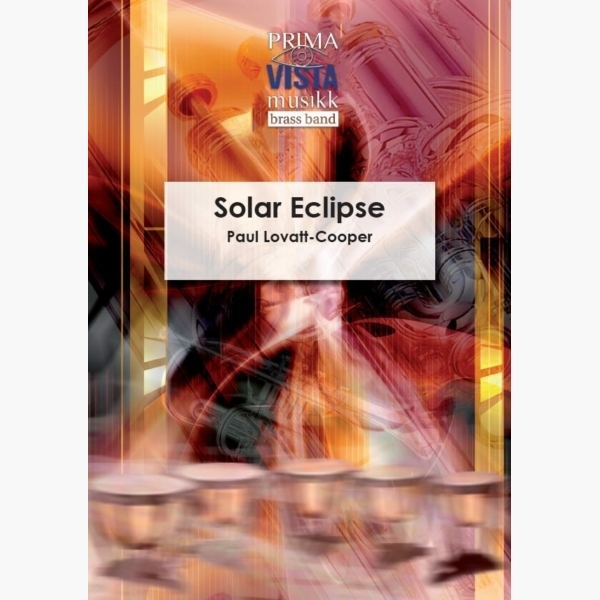 £34.95
£34.95Solar Eclipse - Paul Lovatt-Cooper
This work was commissioned by Colin Duxbury for the Stockport Schools Brass Band as the finale to their programme at the National Youth Brass Band Championships 2000. The music is well within the scope of most bands and is ideal...
Estimated dispatch 5-7 working days
-
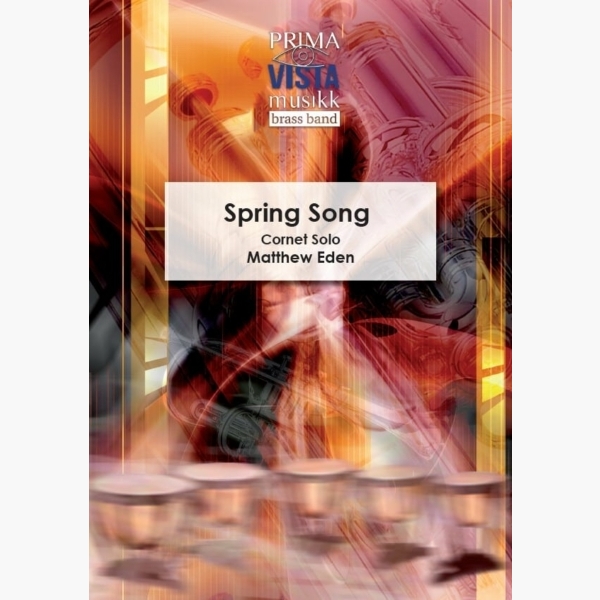 £24.95
£24.95Spring Song - Matthew Eden
Spring Song was among the very first of my compositions for brass band to be publicly performed. It was originally composed, not as a solo piece, but simply as a short work for band, for the 2014 Foden's Young Composer...
Estimated dispatch 5-7 working days
-
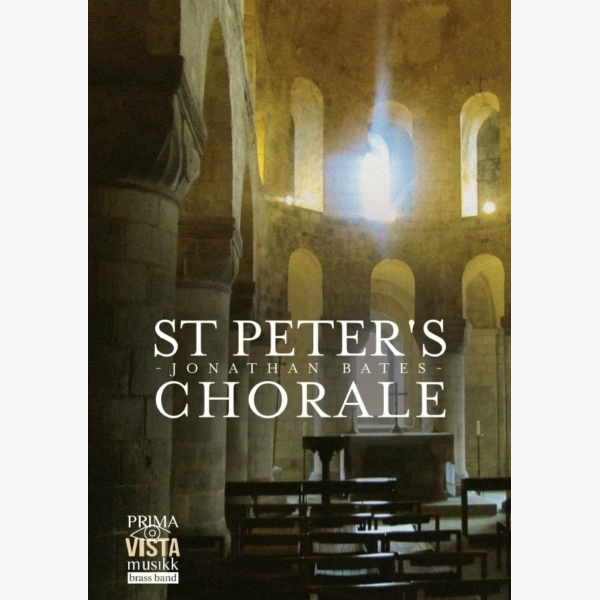 £24.95
£24.95St Peter's Chorale - Jonathan Bates
St Peter's Chorale was commissioned by Paul Holland and the Flowers Band for their 2017 Butlins Mineworkers' Championship entertainment programme. The band had chosen a London theme for their programme, and this work relates to St Peter's Chapel in the...
Estimated dispatch 5-7 working days
-
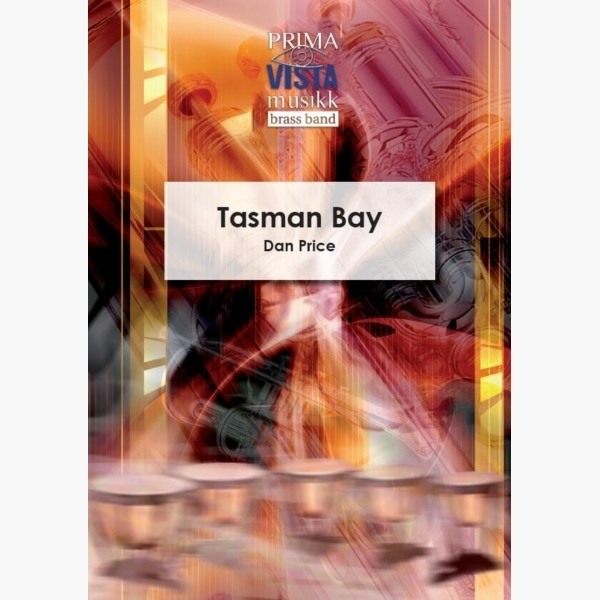 £34.95
£34.95Tasman Bay - Dan Price
Tasman Bay was commissioned to commemorate the 160th anniversary of the Nelson City Brass Band in New Zealand. Cast in the form of a brisk concert opener, the work takes its name from the bay in New Zealand's South Island...
Estimated dispatch 5-7 working days
-
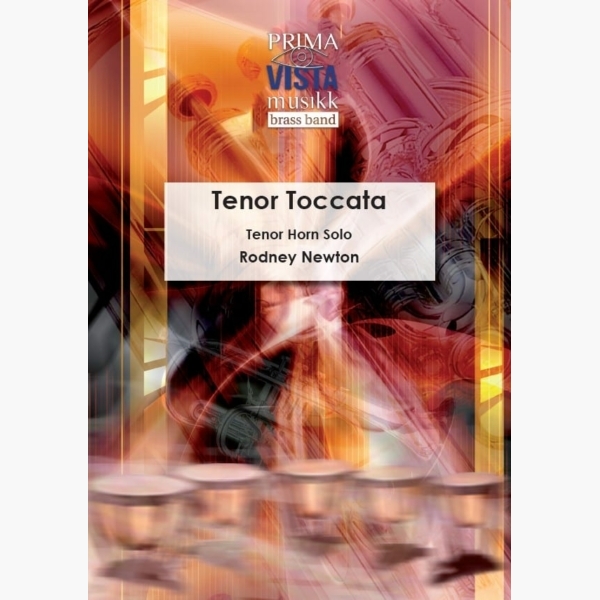 £24.95
£24.95Tenor Toccata - Rodney Newton
Tenor Toccata was composed for and dedicated to tenor horn soloist Owen Farr and was premiered by him at the Royal Northern College of Music in May 2002. Tenor Toccata is a one-movement work divided into clearly defined sections. The...
Estimated dispatch 5-7 working days
